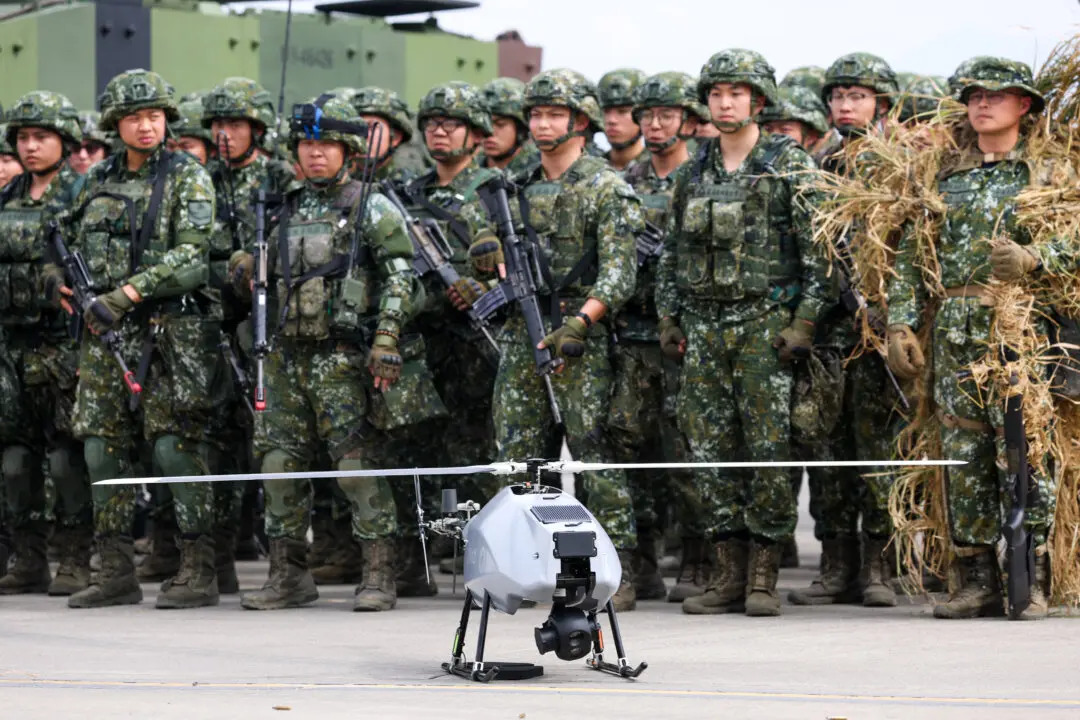TAIPEI, Taiwan—President Tsai Ing-wen presided over a swear-in ceremony on July 20 for several new Taiwanese officials and diplomats, among them the island’s new de-facto ambassador to the United States.
Hsiao Bi-khim, a former lawmaker of the ruling Democratic Progressive Party and a senior advisor to the island government’s National Security Council, was named by Tsai as Taiwan’s new representative to the United States last month, replacing the outgoing Stanley Kao who held the post since June 2016.





